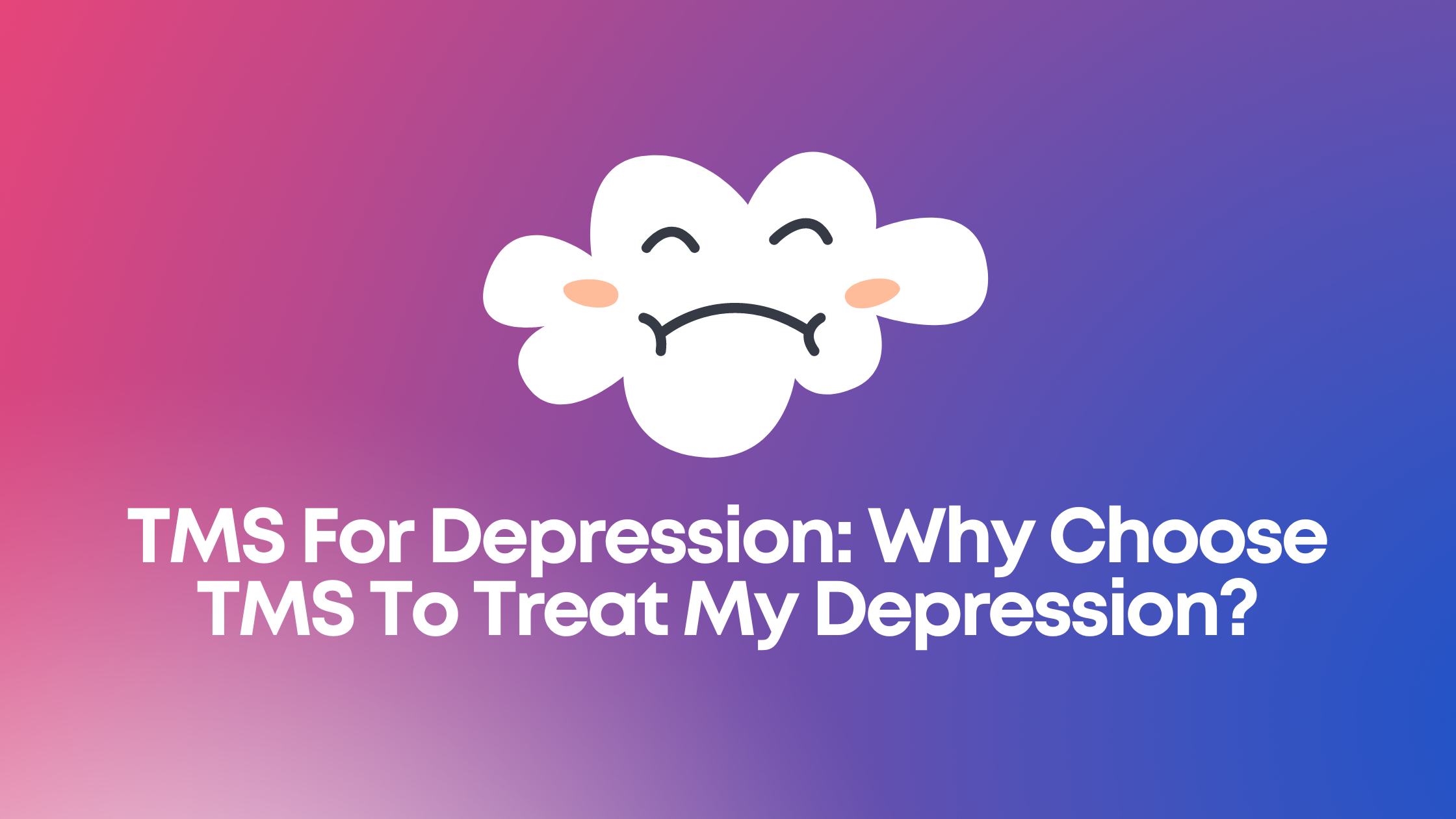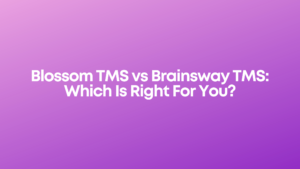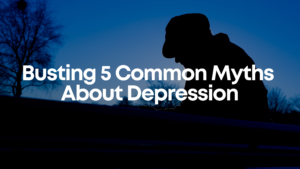Depression is a serious mental illness that can have a profound effect on every aspect of a person’s life. It can cause problems with work, relationships, and self-esteem, and can even lead to thoughts of suicide. Although there are many effective treatments for depression, some people do not respond well to traditional therapies such as medication and counseling. For these people, transcranial magnetic stimulation (TMS) may be an effective treatment option. In this article, we will discuss what TMS is, how it works, and why it TMS for depression is a viable solution.
What is Transcranial Magnetic Stimulation (TMS)?
Transcranial magnetic stimulation is a non-invasive procedure that uses magnetic fields to stimulate the brain. During a TMS session, a magnetic coil is placed against the scalp near the forehead. The coil emits brief pulses of magnetic energy that pass through the skull and stimulate the brain. TMS is a relatively new treatment option for depression, but it has been used to treat other conditions such as Obseessive-Compulsive Disorder (OCD) and PTSD.
How Does TMS Work?
TMS targets the part of the brain that is thought to be responsible for regulating mood. This area of the brain is called the dorsolateral prefrontal cortex (DLPFC). The DLPFC is located just behind the forehead, and it is believed to play a role in executive function, working memory, and emotional regulation. Studies have shown that people with depression have decreased activity in the DLPFC. TMS is thought to work by increasing activity in this area of the brain.
Furthermore, TMS is thought to work by disrupting the abnormal electrical activity that is associated with depression. In some cases, TMS can also help to “re-train” the brain and improve its overall functioning. Ultimately, the goal of TMS is to reduce the symptoms of depression and improve a person’s quality of life.
Why Choose TMS To Treat My Depression?
There are many reasons why you might choose to undergo TMS treatment for your depression. First, TMS is a non-invasive procedure that does not require surgery or medication. This means that there are no serious side effects associated with TMS. Additionally, TMS is an outpatient procedure, which means that you can go home the same day.
Another reason to choose TMS is that it has been shown to be effective in treating depression.
Most TMS providers find that TMS has a success rate at between 70% or 80% for those who undergo the procedure. This means that TMS can be an effective treatment option for people who have not responded well to traditional therapies.
If you are considering TMS for your depression, PsyFi TMS can help. We are the leading provider of TMS treatment in Minneapolis, and we have helped hundreds of people find relief from their depression. To learn more about TMS, contact us today: info@psyfitms.com.




It’s nice that you mentioned how TMS is a non-invasive procedure that does not require surgery or medication. It seems one of my cousin is currently undergoing depression and the whole family wants to help him recover. It looks like TMS for depression is quite effective, so maybe I should try suggesting it to him.